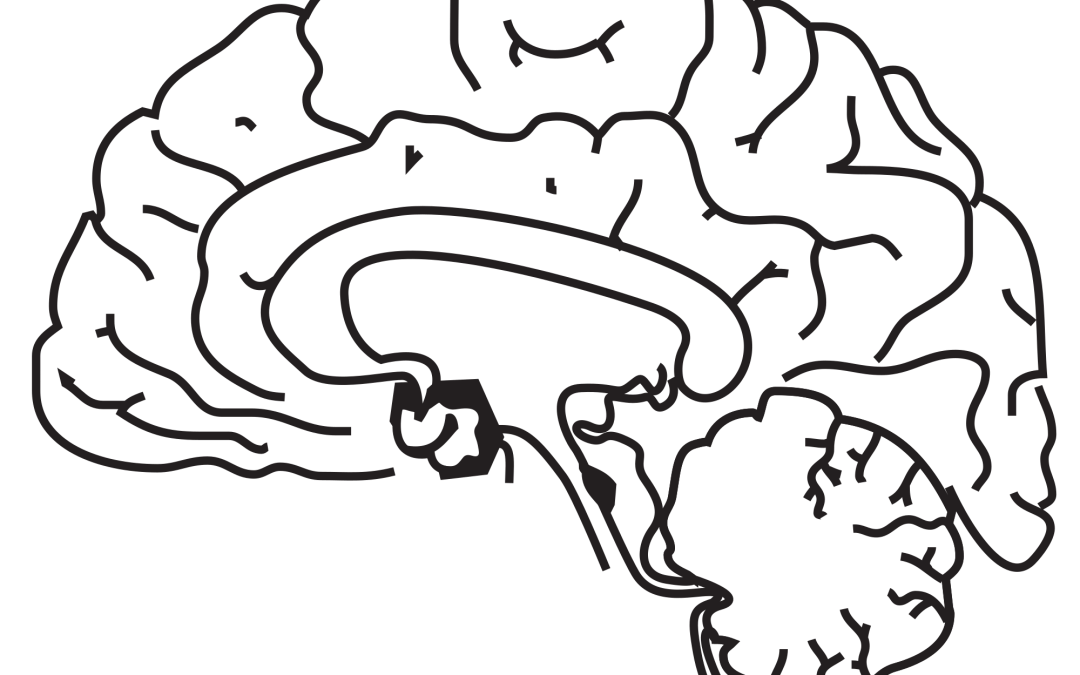All Brains Belong VT, a Montpelier-based nonprofit founded during the pandemic, garnered attention last year thanks to its unusual COVID-19 vaccination clinics. Outdoor settings (including the Statehouse lawn), calming features, and specially trained staff allowed neurodivergent children, who may struggle to enter traditional medical settings, to get the shot for the first time.
Neuroinclusive healthcare isn’t just for kids. Led by a physician who has cited her own diagnoses of autism, attention-deficit/hyperactivity disorder, dyslexia, dyspraxia, and discalculia, All Brains Belong’s medical team delivered care to 252 patients of all ages in 2022, according to its own annual report.
Now, amid what Executive Director Mel Houser called “a lot of growth this year,” the count has risen to 330. On August 2, All Brains Belong held an open house via Zoom to help introduce the public and prospective new patients to its unique offerings.
“Our scope of practice is very specific,” Houser said.
It starts with a theory: the “social model of disability,” a term coined by a British professor of disability studies in 1983. According to this understanding, “it’s not deficits on the part of the person. The issue is an inaccessible world,” Houser explained.
“So what we try to do here is, we try to offer everything that we’re doing in multiple different ways,” she said. “All of our patients complete a customized menu, where it’s really about a co-created experience where you let us know: this lighting, this furniture, these executive functioning and communication supports.”
All Brains Belong’s primary care office offers a sensory-friendly environment. Ahead of time, patients can ask for adjustments with respect to the physical space or to how much (or how little) interaction they may prefer in the waiting room.
“We can make a lot of stuff feasible, which is the nice part about being a small practice,” said Sierra Miller, a nurse practitioner. “It’s intentionally not set up to look like a traditional healthcare setting, partly because a lot of people we serve have a lot of healthcare trauma.”
The office’s COVID-19 precautions remain non-negotiable, however, owing to an abundance of immunocompromised patients who, in Houser’s telling, “don’t have anywhere else they can get healthcare with this level of risk mitigation.” Maskless or unvaccinated patients can schedule outdoor appointments.
Services include not just regular checkups but also specialized care for a small set of illnesses that particularly affect the neurodivergent population, such as Ehlers-Danlos syndrome, postural orthostatic tachycardia syndrome, mast cell dysfunction, and Long COVID.
“Even if someone does not identify as neurodivergent, they may be coming here because they have a medical condition that we have expertise in,” Houser said. “We also have folks who come here for gender-affirming hormone treatment.”
All in all, most patient visits, in fact, take place online. Houser called All Brains Belong a “telehealth-predominant practice,” but this hasn’t prevented the organization from advancing a mission rooted in a vision of human connection for neurodivergent Vermonters.
Houser referred, for instance, to “group medical appointments” as an option. But “health is so much more than healthcare,” she added.
Accordingly, All Brains Belong functions as much more than just a health clinic. Its free community programs are open to patients and non-patients alike, according to Sara Wilkins, who organizes them.
By Wilkins’s count, more than 120 children have participated in a program “called Kid Connections, where caregivers can fill out a form on the website stating what the child’s interests are and what type of communication style works for that child. And then I look at all the different forms that come in and try to make a match with another child that has similar interests.”
Kids Connections can help children find new friends who live nearby or join a virtual “Lego party,” inviting them to engage in what Wilkins called “parallel play” via Zoom. A similar program allows adults who enjoy crafting at home to do so synchronously and “kind of chat with each other or use the chat function, just be with each other in community,” as she put it.
An educational discussion group called Brain Club takes place weekly. Once a month, an author joins the Zoom call to discuss a book.
In 2022, All Brains Belong hosted its first annual Community Health Education Fair on the Statehouse lawn. The flooding in Montpelier delayed plans this summer for the second, which would have included various presentations as well as live music and art.
“Our programs are informed and driven by our community members,” Houser stated. “We have a community advisory board that informs everything that we do.”
The goal is to foster a sense of inclusion. That’s also why All Brains Belong offers assistance for patients seeking employment.
“We know that there are lots of barriers to access many things in society. This might be things in the physical environment. This might be things around social interactions or culture,” Houser said. “The consequences of this are exhaustion, anxiety, stress. All of it – it’s all part of health.”
In this way, better health outcomes may depend upon broader social changes. On the political level, All Brains Belong has advocated – unsuccessfully so far – for a state law to restrict restraint and seclusion in schools, hoping to make education in Vermont friendlier to students with disabilities.
The organization also provides trainings to companies that want to become more neuroinclusive. The consulting fees help pay for community programs.
“Again, the whole point is: connection is the path to health,” Houser said.
Visit allbrainsbelong.org for more information. The primary care clinic in Montpelier accepts “a wide range of insurance carriers,” per Houser.

